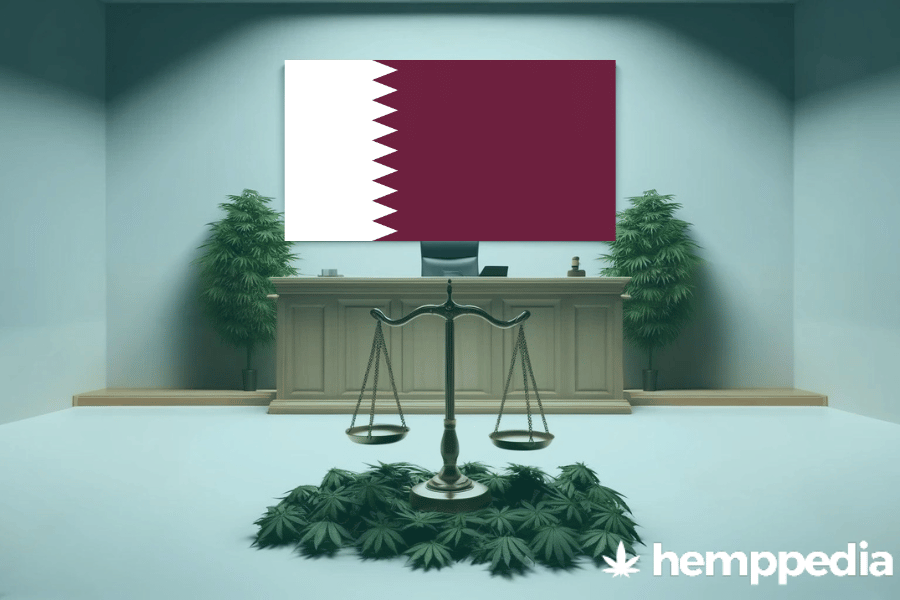TL;DR: Is CBD Legal in Qatar?
Understanding the current legal status of CBD in Qatar is crucial for both residents and potential visitors. As of now, the use, possession, manufacture, and sale of CBD is strictly illegal in Qatar, differing significantly from the loosening regulations seen in many other parts of the world. To give a comprehensive view, let’s set some key points in perspective.
Key Legal Aspects of CBD in Qatar
| Aspect | Status |
|---|---|
| Usage | Illegal |
| Possession | Illegal |
| Manufacturing | Illegal |
| Sale | Illegal |
CBD, or cannabidiol, is a chemical compound derived from cannabis plants. Although it provides therapeutic benefits similar to those of THC (another compound found in cannabis), CBD does not produce any psychoactive effects. Its use for medicinal purposes has prompted changes in cannabis laws globally.
Overview of CBD Legislation
Defining Key Terms
- CBD: A non-psychoactive compound found in cannabis plants reputed for its therapeutic effects.
- Hemp vs. Marijuana: Both plants belong to the cannabis family, but hemp contains less THC content than marijuana.
- THC Content: The psychoactive compound in cannabis that is responsible for causing a ‘high’.
Legal Landscape
The legality of CBD varies globally. While some countries like the U.S. and Canada have laws friendly to CBD, others like Qatar have strict prohibitions in place. Invariably, the lack of universal norms adds a layer of complexity to CBD use and regulation.
Legal Status
In Qatar, both CBD and THC are considered illegal substances. The perception of CBD is closely tied to the general ban on cannabis, regardless of the fact that CBD does not induce psychoactive effects.
Regulatory Bodies
The Ministry of Public Health is the primary regulatory body for CBD in Qatar. They oversee and enforce laws related to substances considered to be narcotics.
Historical Context
Historically, Qatar has maintained strict laws regarding drug use and trafficking. Though global attitudes towards cannabis are shifting, Qatar remains resolute in its stance against it.
Possession, Use, Cultivation, and Sales
In Qatar, all forms of cannabis, including CBD, are considered narcotic drugs. Possession, usage, cultivation, and sales are all punishable offenses. Importing or exporting CBD products are also strictly illegal, regardless of one’s medical conditions or prescriptions from other countries.
Enforcement and Penalties
Qatar has a zero-tolerance policy for CBD and other cannabis derivatives. Violations can lead to severe penalties such as imprisonment, heavy fines, or even capital punishment for severe offenses. The regulatory authorities do not differentiate between medical and recreational usage of CBD.
Comparative Analysis
Compared to nations that have liberalized cannabis laws, Qatar’s strict regulations stand in stark contrast. This restrictive stance, shared by many Middle Eastern countries, significantly differs from trends seen in Europe and North America.
Conclusion
Despite changing global attitudes towards CBD, its usage remains strictly illegal in Qatar. The legal repercussions for CBD possession, consumption, or distribution are severe. As such, it is crucial for residents and visitors to refrain from any involvement with CBD while in the country.





